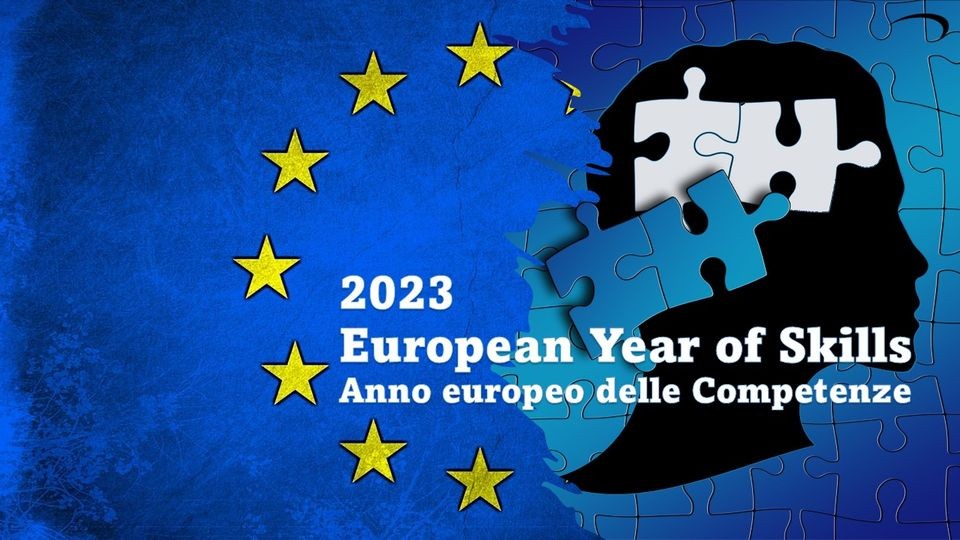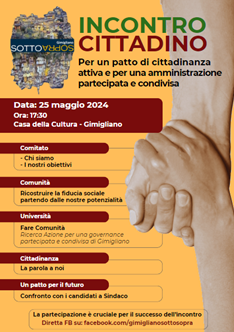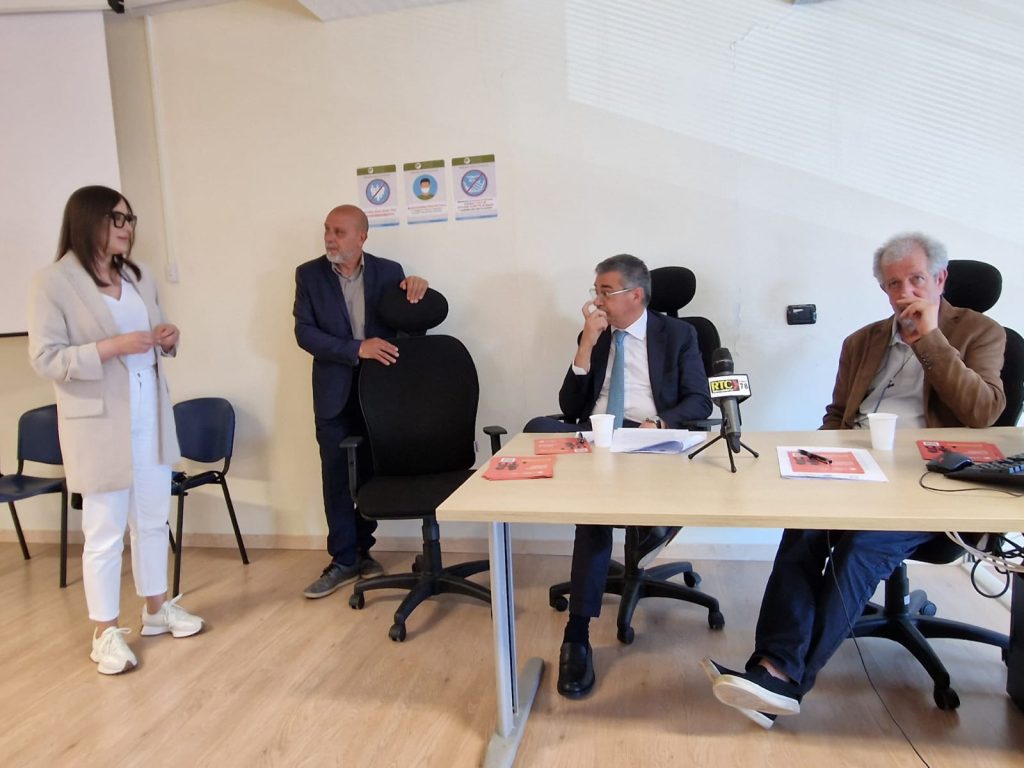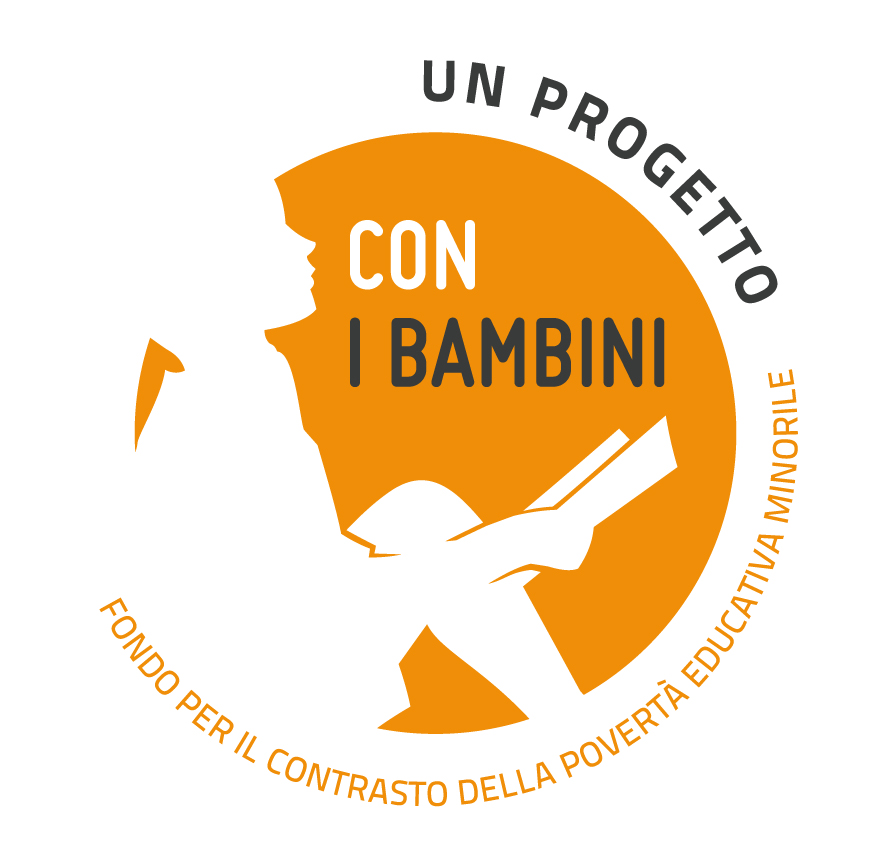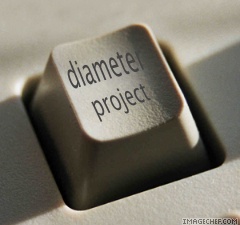by Martina Tresca* –
- The European Commission’s proposal: focus on labour market and employers’ needs
Looking at the Commission’s proposal on the 2023 European Year of Skills, we believe that the approach is excessively focused on the need to insert people in the job market. Data on employability tell that there is a lack of availability of skilled staff across European companies. Nevertheless, a lack of skilled workforce also depends on the lack of quality jobs offered that, in turn, do not match workers’ skills and qualifications. For these reasons, the solution proposed should take a step further and set this initiative as an opportunity to rethink its understanding of skills. Skills should not only be conceived as something useful for the job market, but as a support for people, in their learning process, and for companies, in offering decent working conditions that can attract and retain a skilled workforce.
The Commission’s document makes, moreover, few references to the importance of the acquisition of skills to actively participate in public life, particularly for young people and disadvantaged groups. Active citizenship should be an objective in itself rather than a response to the necessities of employers and the job market. Life and civic skills ont only facilitate entry into the job market, but they are also crucial for a healthy democracy. In fact, in a time when democracy is shrinking across the EU and active participation in democratic processes is decreasing, investing in building civic skills should be a priority for EU institutions. Such a priority is even more urgent in view of the 2024 European Parliament elections: the EU must be closer to its citizens and cultivate a stronger feeling of European belonging. Encouraging investments in civic skills through the European Year of Skills would mean allowing first a personal, and secondly a professional development of (young) citizens who wish to participate in public life, but do not have the means to do it themselves. Building a healthy democracy contributes to enhancing not only the quantity, but even more the quality of jobs. It means investing in the individual but also in the consequential benefit of a whole community and of society.
- Improvements to the text: the European Parliament’s approach
The European Parliament’s report on the European Year of Skills, voted in by the Committee on Employment and Social Affairs on 6th February 2023, as well as the debates that were held during the previous meetings, showed a horizontal tendency from MEPs across the groups to take under special consideration the importance of civic skills, participation in public life and to ensure the dialogue with social partners.
In particular, we welcome the amendments introduced and voted by EMPL Committee, namely:
- Amendment 1: People with skills that allow them to participate in a democratic society and to pursue their personal development, as well as a skilled workforce and the existence of quality jobs, are crucial to ensuring socially fair and just green and digital transitions, […].
- Amendment 11: The European Skills Agenda, adopted in July 2020, […] aims to forster collective action on skills, to improve the overall qualifications of people in view of a more active and engaged citizenship, to increase the alignment of training content with the evolving labour market needs, and better match training opportunities with people’s aspirations to incentivise their uptake across the working-age population. Member States should promote training schemes through which young people can discover their vocation and talents.
- Amendment 39: […] The European Year initiative shall further promote a mindset of reskilling and upskilling thereby boosting competitiveness of European undertakings, in particular small and medium sized enterprises, and empowering people to fully participate in society, realising the full potential of the digital and green transitions in a socially fair, inclusive and just manner […].
However, these Amendments have been lost in the final text approved by the European Parliament reunited in plenary session on 30 March.
- Recommendations for improvements
Although there has been an attempt by the part of the EMPL committee to broaden the concept of skills, we firmly believe that it is still necessary to address some gaps in view of the implementation of the initiative:
- More attention to civic skills
There could be several readings as to “what civic skills are”: the ability to advocate for causes and rights; gaining awareness of civic rights; identifying disinformation and taking informed decisions; acquiring sustainability, digital and media skills. This diversity of skills contributes to the collective resilience of democratic societies, as well as to the final objectives of the twin digital and green transitions.
- A focus on youth
“The importance of skills was also stressed as a finding of the 2022 European Year of Youth, highlighting the urgency to equip the European youth with skills for the future”. Rates of EU youth unemployment and young people not engaged in education, employment or training (NEETs), lack of education, and the difficult transition to the job market are all data that speak loudly. EU institutions should ensure that all the measures under the European Year of Skills promote equal access to information, guidance and mentoring to strengthen personal development, and that the initiatives are constructed and carried out in coherence with what has been done during the European Year of Youth.
- A holistic approach
In order for this initiative to be sustainable and bring the expected results, the focus must not be on the single initiatives carried out during the year, but rather on a long-term strategy. The risk is, in fact, to repeat what happened during the EYY2022, with a final result of young people being heard, without the possibility of really acting on decision-making processes. This thematic year initiative should not be only about fostering debate. Instead, it should create the conditions for which policy change does actually take place.
- What we ask for
- We ask for a process of research at ground level on the citizens’ needs concerning the skills they wish to acquire, on the activities to be implemented and on the expected outcomes of the European Year of Skills.
- Civil Society Organisations have to be actively involved in the process of preparation and implementation of the European Year of Skills: we need a community-based approach, which will ensure the diversification of solutions according to the needs of Member States and regions.
- We ask for clarity on methodology: which instruments will be used to implement the initiative? How will the promotion take place? How will all the relevant stakeholders be involved in the process? How will the evaluation be conducted? And, most importantly, how will it be ensured that the initiative will produce an impact?
- We ask Members of the European Parliament to facilitate the creation of a space for participation, to allow civil society to be a prominent actor throughout the entire duration of the European Year of Skills.
*Martina Tresca is the Advocacy officer of Inter Alia

